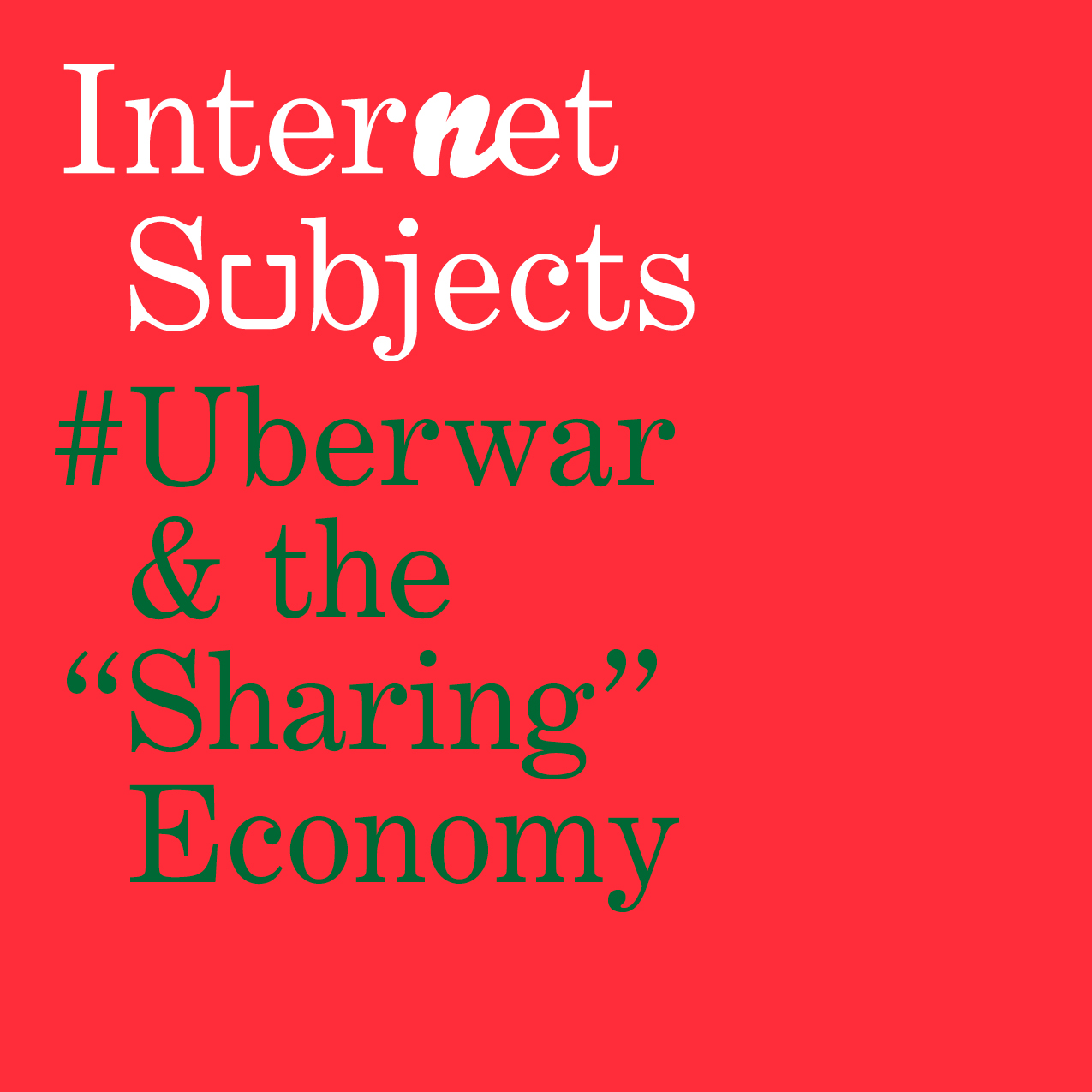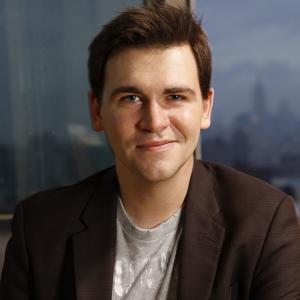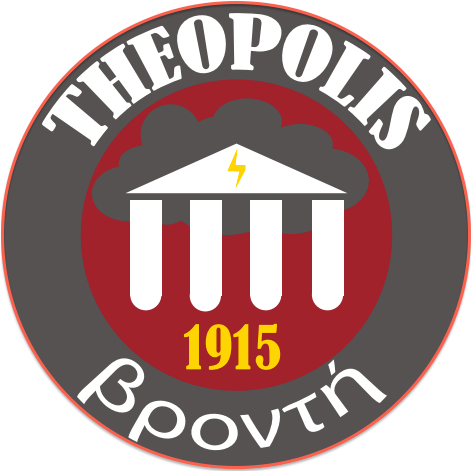Austin College is accepting applications for a digital pedagogy designer responsible for providing support for a broad range of faculty-driven digital pedagogy projects in the humanities, social sciences, and natural sciences. These projects include those selected and awarded funding from a Mellon Foundation grant, Collaborative Pedagogies in the Digital Age. The designer consults with faculty members to identify, analyze and suggest opportunities for applying technologies to meet learning goals. The designer facilitates conversations, provides support, and works in partnership with faculty and students, serving as a resource for those exploring innovative uses of technologies to enhance teaching and learning. The designer provides workshops and individual instruction in associated technologies for faculty, students and staff members. The designer assists in developing means of assessing learning outcomes and creating new materials (especially digital networked tools) in support of digital pedagogy projects. Salary is negotiable, commensurate with credentials and experience.
The deadline to apply for this position is July 10, 2014 and full details are available here





 Hacking the Academy: New Approaches to Scholarship and Teaching from Digital Humanities
Hacking the Academy: New Approaches to Scholarship and Teaching from Digital Humanities